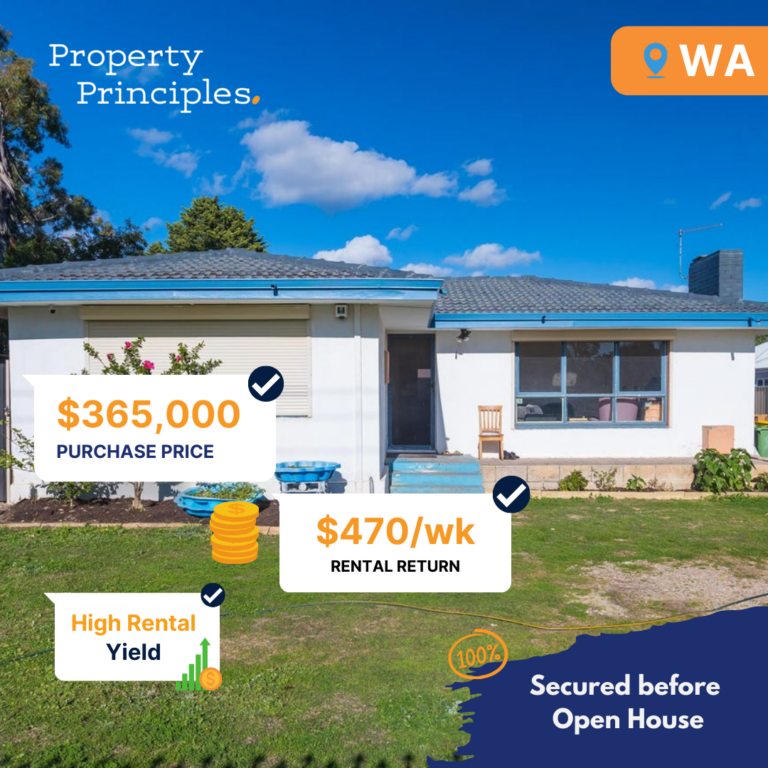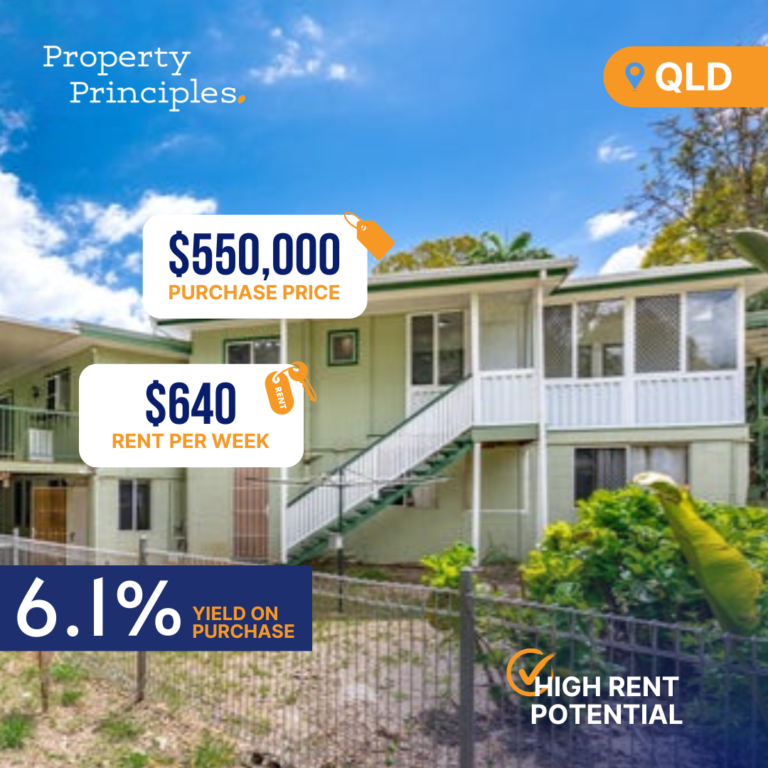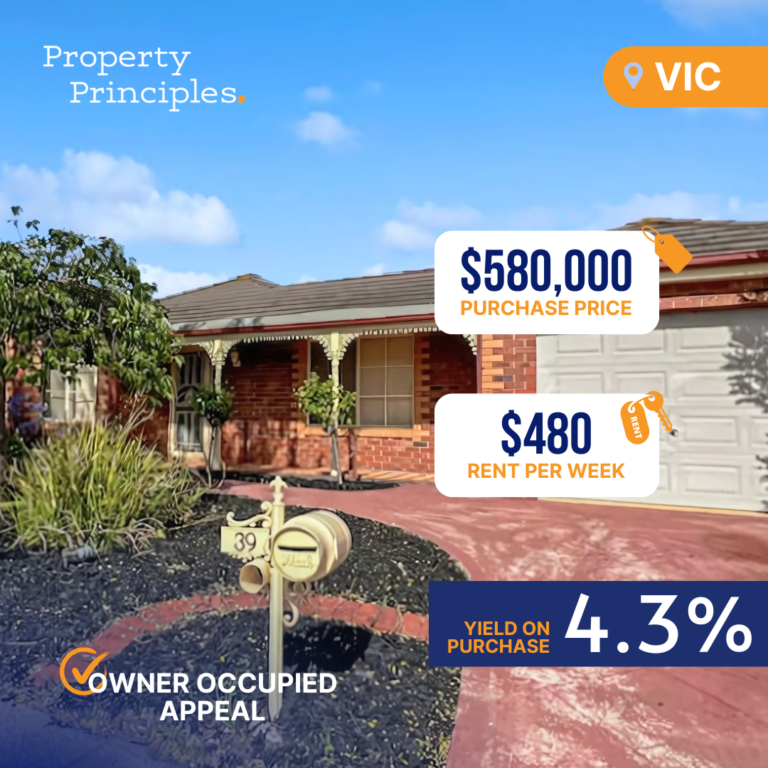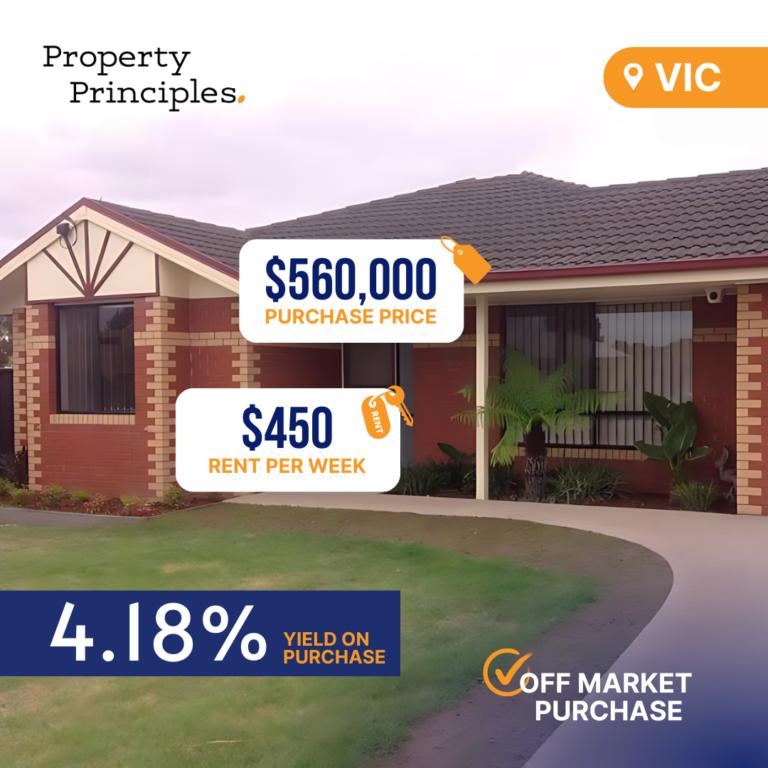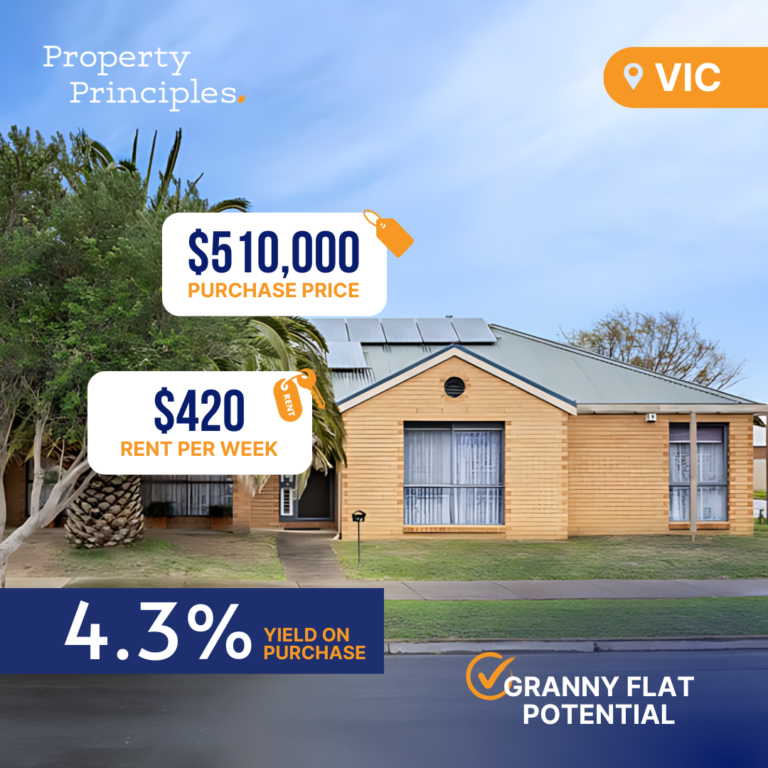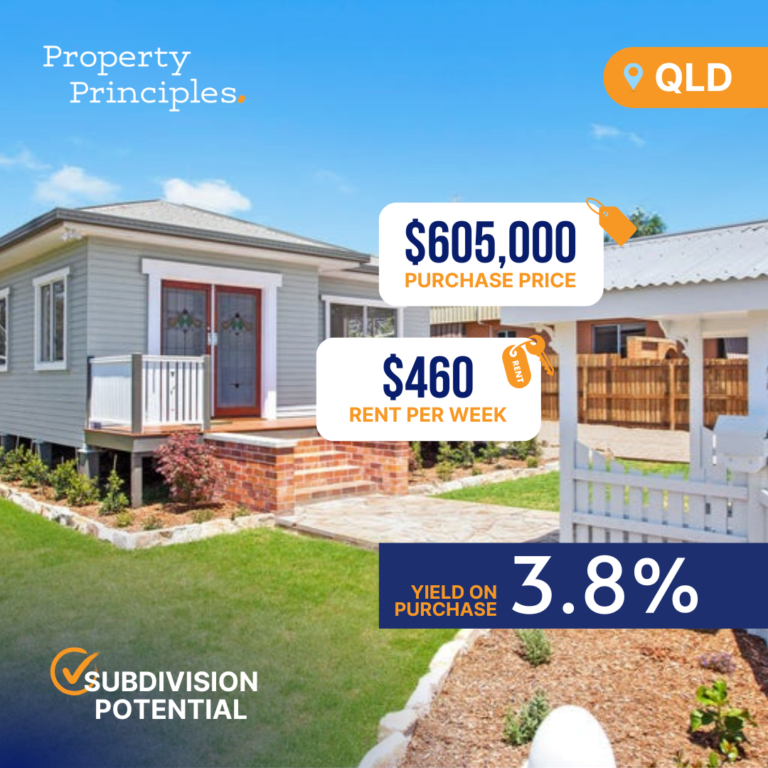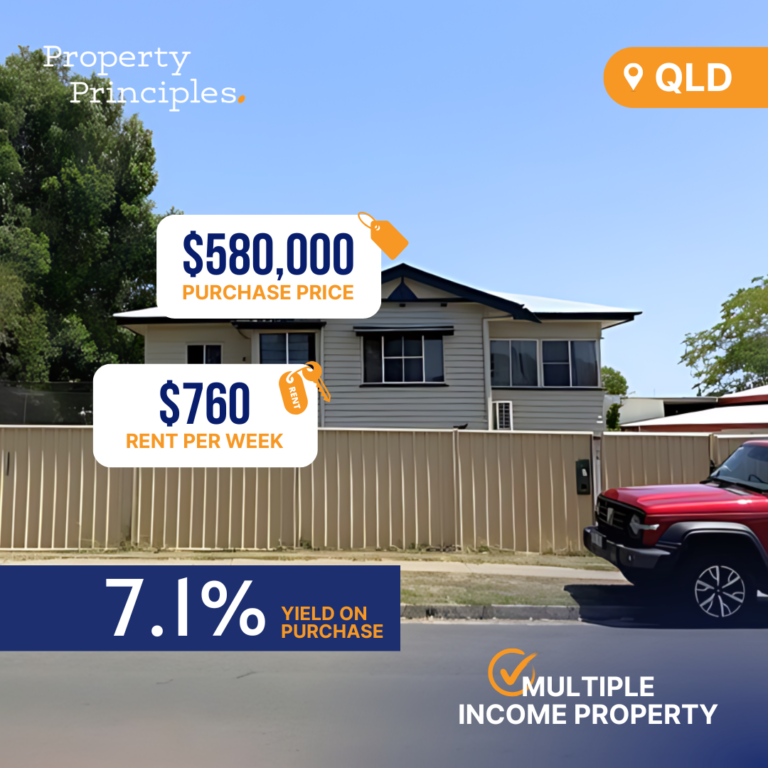Choosing the right property manager is crucial for a smooth and hassle-free experience in overseeing your rental property. It goes beyond just considering the fees – it’s about the services offered and communication style that best suits your needs.
Start by researching various companies in the area where your property is located. There are typically two choices available for landlords: full-service real estate agencies or dedicated property management companies.
Although the fees may be a strong focus for some, it’s essential to look at the broader picture. Fee structures can differ between agencies, with most charging a percentage of the rent plus a monthly administration fee. Additionally, there may be one-time leasing fees, advertising fees, and other auxiliary charges.
There are also flat-fee property managers who charge a single weekly or monthly fee rather than a percentage of the rent. For example, flat-fee management company :Different charges $100 per month, with a $500 leasing fee and $400 to $500 for advertising, including photography.
Instead of concentrating solely on the rates, carefully examine the services provided. Some property managers offer online portals for landlords to track payments, view leasing documents, and undertake virtual inspections. Tenants can also communicate with property managers and log maintenance requests.
Identifying what you want from your property manager is an essential part of the process. If transparency and knowing your property manager are embracing technology is essential to you, consider an agency that offers such services.
Communication style is another vital aspect. Miscommunication can result in friction between tenants, property managers, and landlords, so choose a property manager who aligns with your preferred communication style. Interview a few shortlisted candidates to assess their knowledge and suitability for your needs.
Understanding the business structure is also important. Many clients prefer a single point of contact for all property management-related issues, so make sure to inquire about this during the interview process. Ensure the property manager possesses working knowledge of legislation, day-to-day management requirements, and market conditions. It’s ideal for your property manager to be a member of their state’s real estate institute.
Online reviews can help when making a decision, but keep in mind that they might not provide a complete picture of a property manager’s reliability or success. Property management reviews can sometimes be skewed based on tenants’ experiences with a specific issue. Moreover, seeking advice from family, friends, and other investors can provide insights into what they value in a property manager.
Ultimately, remember that your property is a business, and you need to trust the person you employ to look after it. The right property manager will help ensure a hassle-free experience and maximize your investment returns. So, consider all aspects before making a decision and choose a property manager who offers the best combination of communication, expertise, and services that match your needs.



